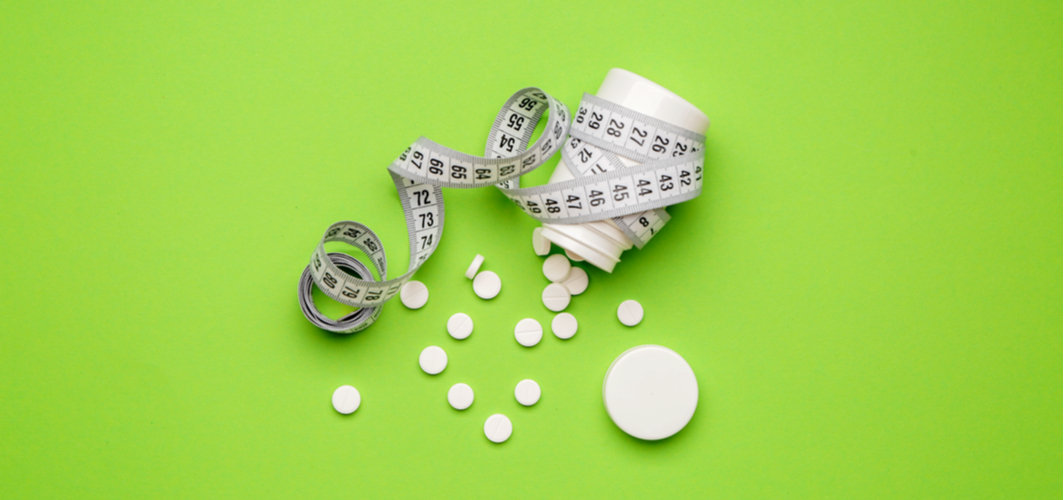- Home
- Blog
- Health & Nutrition
Beware of These 6 Bad Breath-causing Foods
Health & Nutrition
Beware of These 6 Bad Breath-causing Foods
By Apollo Pharmacy, Published on- 20 January 2022, Updated on -18 October 2022
Share this article
0
0 like

Bad breath is possibly the last thing that one would like to get noticed for. Despite that, many suffer from frequent episodes of this embarrassing problem. While there may be multiple reasons for bad breath, food is believed to be the major cause.
Certain edible items possess chemical compounds that interact with the microorganisms in the oral cavity to produce foul smells that often linger for long. The article explores the bad breath-causing foods in detail.
Foods Associated with Bad Breath
1. Garlic
Garlic is associated with multiple health benefits for health. However, it is also infamous for causing bad breath, especially when eaten raw. The vegetable contains a substance called alliin which gets converted into allicin when the insides of the bulb are exposed to air. Allicin further changes into sulfuric compounds that give garlic its distinctive foul odor.
When chewed, garlic releases a sulfuric compound called Allyl methyl sulfide which gets absorbed into the bloodstream and is then released through the lungs. The edible item also contains Cysteine sulfoxide, another sulfuric compound, that causes bad breath almost immediately after consumption.
2. Onions
Just like garlic, onions belong to the family of flowering plants called Allium. Both are very similar in composition and contain many of the same sulfur compounds. The digestive by-products of both are absorbed into the bloodstream and transported to the lungs. As a result, onions produce a somewhat similar odour as garlic after consumption.
3. Coffee
People who drink coffee know that, unlike the aroma of brewing coffee, coffee breath is not soothing. Caffeine and tannins found in coffee decrease saliva production, which encourages the growth of bacteria in the mouth. These bacteria release volatile sulfur compounds (VSC), which are a major cause of bad breath. The high levels of sulfur in coffee can also contribute to foul breath.
Recommended read: The truth about coffee and heart health
4. Alcohol
Alcohol intake is another major cause of bad breath. When consumed, alcohol is absorbed into the bloodstream from the stomach and intestines. The digestive enzymes in the liver metabolize most of the alcohol present in the blood and eliminate it. Some amount is passed via urine. However, a residual amount of alcohol remains in the blood and ends up in the lungs. This is the reason why alcohol breath comes from the lungs and not the mouth, making it difficult to mask the odour.
Recommended read: Alcohol & heart health: How much is safe to drink?
5. Protein
Protein is an important macronutrient that plays a key role in repairing and building tissues, facilitating metabolic reactions, maintaining a strong immune system, and coordinating various biological functions inside our bodies. However, excessive protein intake, especially as part of a low-carb or keto diet, can result in bad breath. The body metabolizes protein to produce ammonia, a colorless gas with a strong smell. Ammonia often ends up escaping from the mouth, leading to bad breath.
6. Sugar and Dairy Products
The oral bacteria that emit foul odour feed on the sugary foods and beverages that we consume. These bacteria ferment the sugar i.e., convert the sugar to acid, which lowers the pH of the mouth, allowing the latter to thrive and produce even more foul odour. Similarly, dairy products such as milk and cheese contain amino acids that interact with bacteria in the oral cavity to produce foul-smelling sulfur compounds. The oral bacteria feast on milk solids to produce smelly hydrogen sulfide gas.
Recommended read: Avoid or limit these common foods with hidden sugar
How to Get Rid of Bad Breath?
Certain simple measures can help eliminate or reduce bad breath:
- Adjusting your diet
Limiting intake of foods such as garlic, onions, milk, coffee, and excess protein won’t have a major impact on health, but will surely help reduce the problem of bad breath. On the other hand, quitting intake of alcohol and sweetened foods and beverages completely will not only help avoid bad breath but also benefit overall health.
- Practicing good oral hygiene
Poor dental hygiene can worsen bad breath by facilitating the growth of oral bacteria. Brushing teeth using fluoride toothpaste for two minutes at least twice a day can help improve oral hygiene. Similarly, oral care measures such as rinsing the mouth with mouthwash, flossing teeth, and scraping the tongue at least once a day are also highly recommended. Those who smoke should consider quitting tobacco to improve their oral hygiene.
Recommended read: Oral Hygiene Day 2021: Importance of oral hygiene
- Scheduling regular dental visits
Regular dental appointments are recommended for everyone, at least two times a year. In some cases, bad breath can be an indicator of a serious medical condition such as diabetic ketoacidosis, renal (kidney) failure, or oral infection. Regular dental visits may help in the timely diagnosis of the underlying condition.
Bottom Line
One could consider limiting the intake of foods that are known to cause bad breath. Practicing good oral hygiene and getting regular dental checkups further reduce the risk of oral problems that may lead to bad breath.
Services
Health & Nutrition
Leave Comment
Services
Recommended for you

Health & Nutrition
Why are Celebs Going Ga-Ga over ‘Black Water’?
Black water is a trendy beverage that has been made famous by celebrities. It is nothing but black-colored alkaline water that purportedly offers numerous health benefits including weight loss, improved immune system, anti-aging, and improved gut health.

Health & Nutrition
Supplements for Weight Loss: Do They Work?
Health supplements may help lose weight by decreasing appetite, burning fat, reducing fat absorption, and speeding up metabolism.

Health & Nutrition
10 Ways to Keep Your Heart Young and Healthy
It's no secret that heart health is important. In fact, it's something that we should all be thinking about on a daily basis. After all, our heart is responsible for pumping blood throughout our body. Not to mention, heart disease is the leading cause of death in the world. So, how can we keep our heart healthy and young? Here are 10 simple ways!
Subscribe
Sign up for our free Health Library Daily Newsletter
Get doctor-approved health tips, news, and more.

